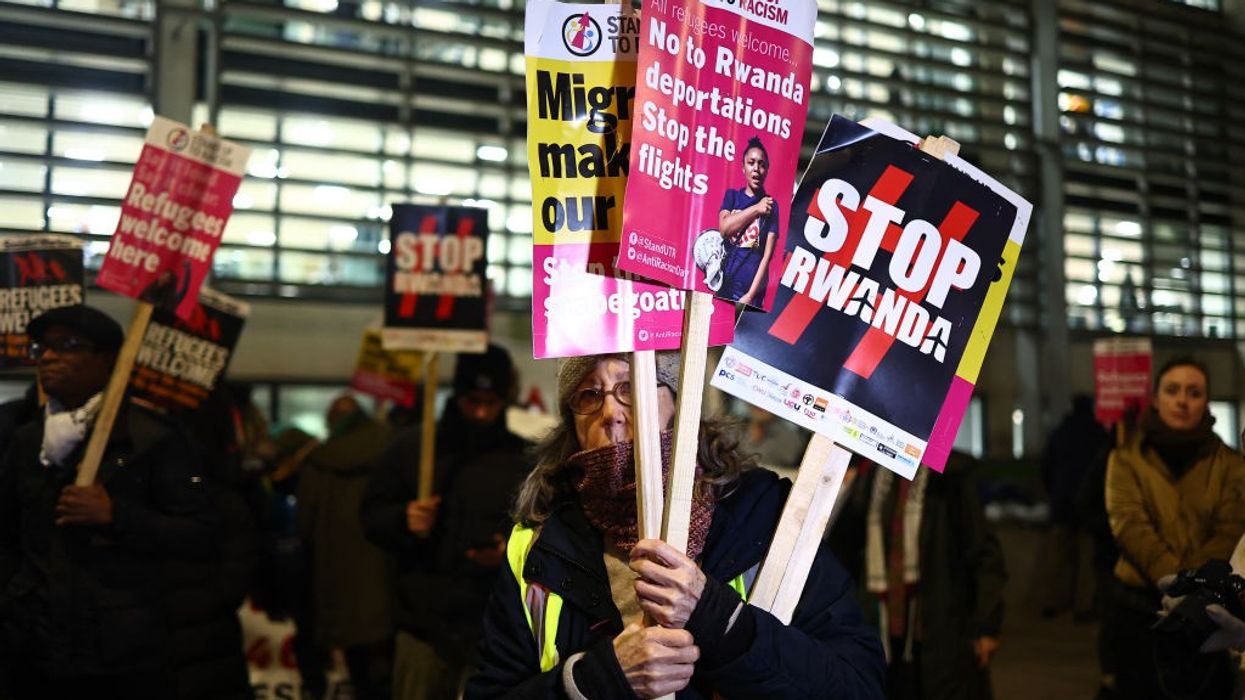THE British government's controversial plan to send asylum seekers to Rwanda might end up costing more than £600 million to deport 300 refugees, parliament's spending watchdog said on Friday (1).
Under the policy first announced in 2022, asylum seekers who arrive on England's southern coast in small, inflatable boats would be sent to Rwanda, but so far no one has been deported because of ongoing legal challenges.
Ultimately, the government envisages sending thousands of people to the east African nation, although it is unclear what the capacity would be.
On top of the £220m Britain has already paid Rwanda, the government has agreed to pay an extra £150m over the next three years, and £120m once the first 300 asylum seekers have been resettled, the National Audit Office (NAO) said on Friday.
The British government will also have to pay Rwanda a further £150,874 to cover costs for each individual resettled, the spending watchdog said in the most detailed financial assessment of the policy so far.
When other costs such as flights are taken into account, the policy would come to more than £600m.
The NAO said the government could activate a break clause that would take effect after three months, but previous payments to Rwanda would not be recoverable, and the government would have to honour future payments associated with relocated individuals.
The spending watchdog said the government had acknowledged it was a "high-risk and novel policy", and the final cost would depend on the number of individuals deported.
Last year, the UK's Supreme Court ruled the scheme was unlawful as it would violate British and international human rights laws because of inadequacies in the Rwandan system.
Despite the court's ruling and the mounting cost, prime minister Rishi Sunak has pledged to press on, and in an effort to block further legal challenges the government is pushing legislation through parliament to declare Rwanda a safe country.
Sunak has invested huge amounts of political capital in the policy and hopes if deportation flights leave before an election expected later this year, it will boost the Conservative Party which is trailing badly in opinion polls.
Many asylum seekers who arrive in Britain on the small boats say they are fleeing wars and abuse from the Middle East, Africa and south Asia, and most are given refugee status.
But the British government said about 90 per cent making the journey are men, and many of them economic migrants rather than genuine refugees. So far this year, 2,255 asylum seekers have arrived in Britain on small boats.





